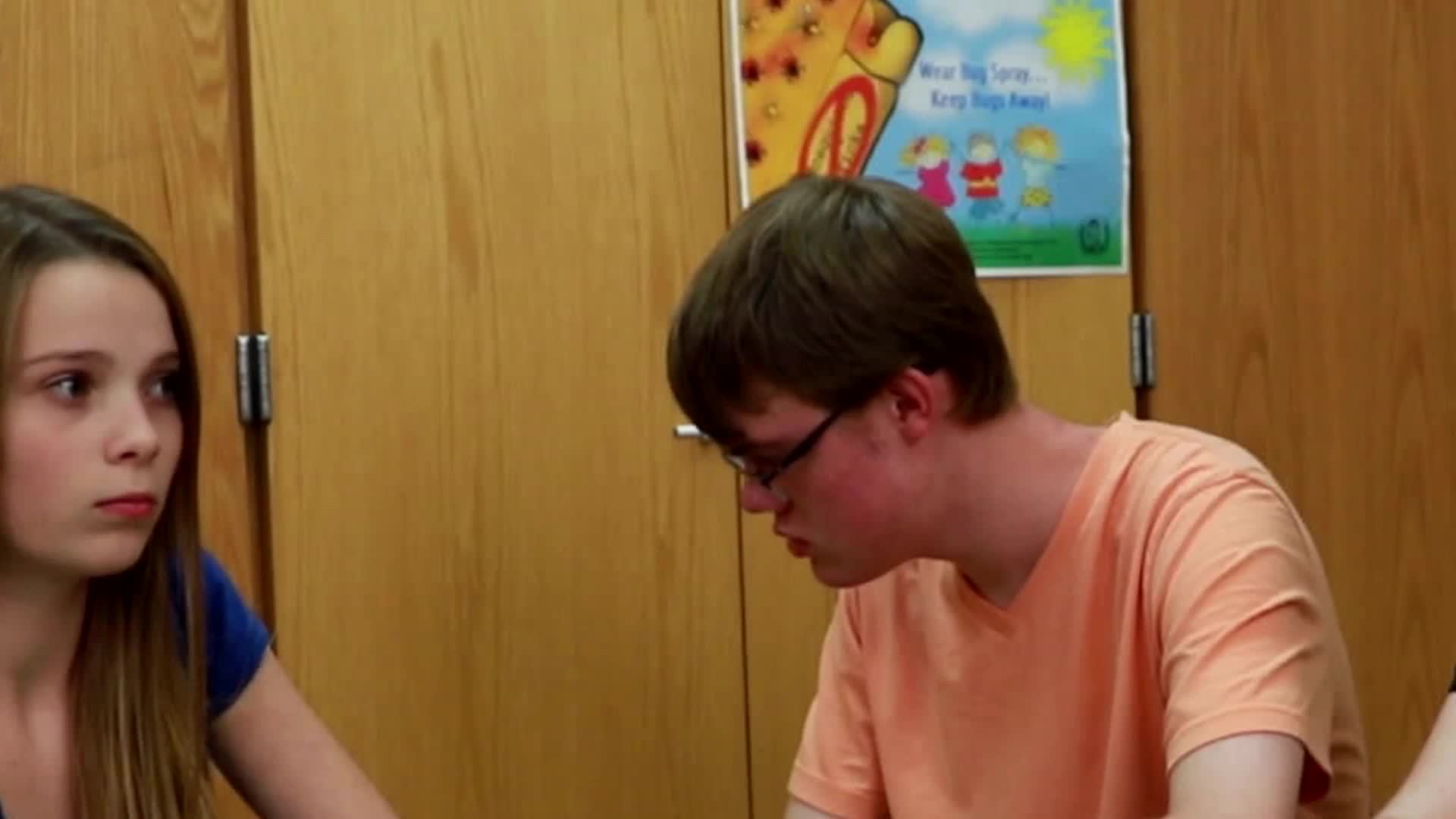Introduction
In today’s competitive world, it is essential for high school students to learn and practice good sportsmanship. Good sportsmanship is the ability to handle both winning and losing gracefully, without complaining or getting upset. This vital social skill is an integral part of Social-Emotional Learning (SEL) and helps students develop strong relationships, better communication, and a positive attitude towards themselves and others.
No-Prep Activity
The “Role Reversal” activity is an excellent way to help students understand the importance of good sportsmanship. It requires no preparation or materials from the educator. Here’s how it works:
- Split the students into pairs.
- Ask them to think of a situation where they were either a winner or a loser in a game or competition.
- One student will share their experience with their partner while the partner listens carefully.
- After sharing, the partner will role-play the opposite outcome (i.e., if the student shared a winning experience, the partner will act as if they lost).
- The original student will then provide feedback on how their partner’s reaction made them feel and discuss the importance of good sportsmanship in that situation.
- Swap roles and repeat the process.
This activity encourages empathy and helps students understand the impact of their reactions on others in both winning and losing situations.
Discussion Questions
Stimulate further discussions by asking students the following questions:
- Why is it important to be a good sport, even when you lose?
- How does good sportsmanship contribute to a positive environment for everyone involved?
- Can you think of a time when someone else’s poor sportsmanship affected you? How did it make you feel?
- What strategies can you use to stay calm and composed when you feel frustrated after losing?
- How can practicing good sportsmanship help you in other areas of your life?
Related Skills
Good sportsmanship is just one aspect of Social-Emotional Learning. Other related skills for students to develop include:
- Effective communication: Expressing feelings and thoughts clearly and respectfully.
- Empathy: Understanding and sharing the feelings of others.
- Conflict resolution: Resolving disagreements in a constructive and non-confrontational manner.
- Self-awareness: Recognizing one’s emotions and their effects on others.
- Resilience: Bouncing back from setbacks and failures.
Next Steps
Teaching good sportsmanship is crucial for fostering a healthy learning environment and promoting personal growth in high school students. To further explore this skill and others, sign up for free samples of Social-Emotional Learning materials at Everyday Speech. These resources will provide additional support and guidance for educators in helping students develop essential life skills.






